
Understanding the Function of the Fiat 500's Catalytic Converter
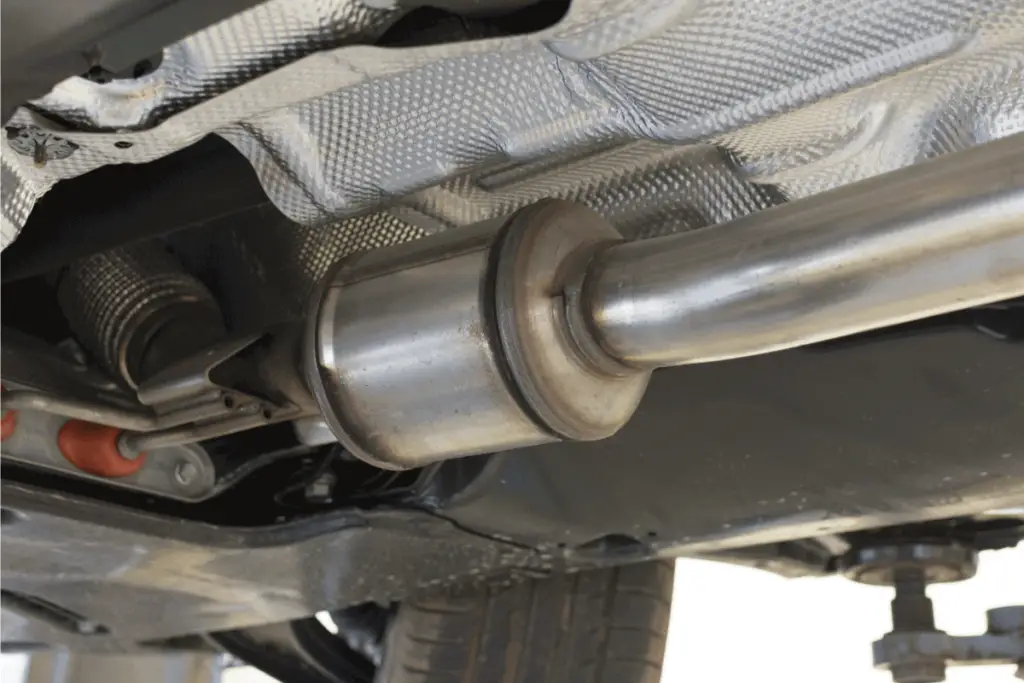
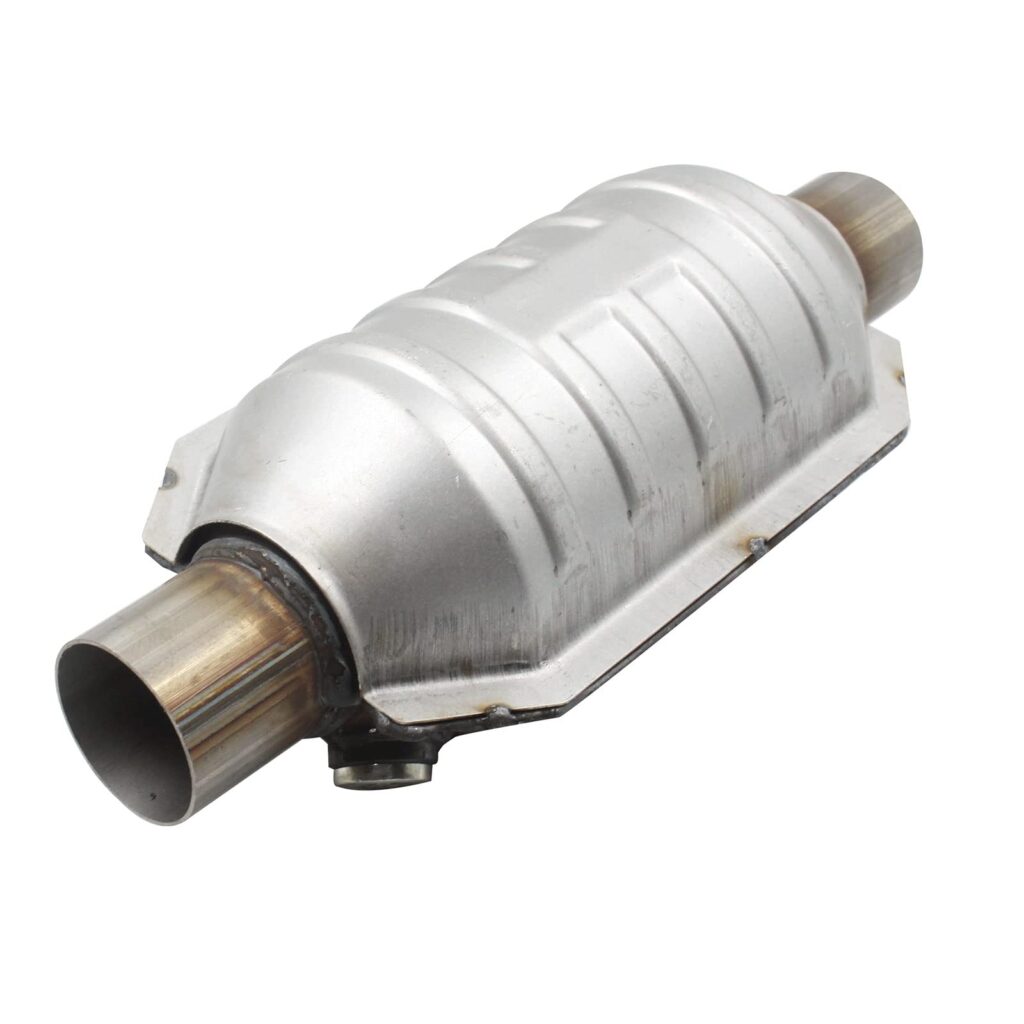
The Fiat 500's catalytic converter plays a major role in reducing the car's harmful exhaust emissions. As more and more drivers switch to eco-friendly vehicles, it's important to understand how this component works and how to properly maintain it. In this article, we'll delve into the function of the Fiat 500's catalytic converter, its importance for the environment, and tips for keeping it in top condition.
Understanding the Role of the Fiat 500's Catalytic Converter
What Is a Catalytic Converter and How Does It Work in Fiat 500?
A catalytic converter is an essential component of the Fiat 500's exhaust system. It reduces the toxic emissions produced by the combustion process of the engine. This device uses a chemical reaction to turn harmful pollutants into less harmful substances before they exit the vehicle's exhaust system. The Fiat 500's catalytic converter is made of a honeycomb-like ceramic coated with metal catalysts that promote the chemical reaction.
The Importance of Maintaining Your Fiat 500's Catalytic Converter
A well-functioning catalytic converter is essential for the Fiat 500 to meet emissions standards and operate smoothly. Neglecting the maintenance of your catalytic converter can result in engine performance issues and decreased fuel economy. In addition, driving your vehicle with a faulty or damaged catalytic converter can lead to costly repairs and fines for violating emissions regulations.
You may be interested in reading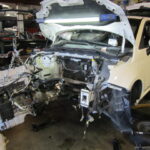 Fiat 500 Engine Swap: A Comprehensive Guide
Fiat 500 Engine Swap: A Comprehensive GuideSigns of a Failing Fiat 500's Catalytic Converter
It is essential to be aware of the signs of a failing catalytic converter in your Fiat 500. Some common symptoms of a damaged or faulty catalytic converter include a decrease in your vehicle's performance, a decrease in fuel economy, and the illumination of the check engine light. Additionally, unusually loud noises coming from your vehicle's exhaust system can be a sign of a clogged catalytic converter.
How to Replace the Catalytic Converter on Your Fiat 500
If you suspect that your Fiat 500's catalytic converter is damaged or failing, it is crucial to get it replaced as soon as possible. Replacing the catalytic converter on your Fiat 500 involves removing the old one and installing a new one. It is essential to choose a high-quality replacement catalytic converter to ensure optimal performance and emissions compliance.
Choosing the Right Catalytic Converter for Your Fiat 500
When choosing a replacement catalytic converter for your Fiat 500, it is crucial to select one that is compatible with your specific vehicle make and model. It is also essential to choose a catalytic converter that meets or exceeds emissions standards and is made of high-quality materials. Consult with a professional mechanic or automotive specialist to find the perfect fit catalytic converter for your Fiat 500.
Frequently Asked Questions
What is the purpose of a catalytic converter in a Fiat 500?
A catalytic converter is an important emissions control component in a Fiat 500. Its main function is to clean up toxic gases produced by the engine through a series of chemical reactions, ultimately reducing harmful emissions.
How does a catalytic converter work in a Fiat 500?
The device works by utilizing a combination of ceramic materials coated with precious metals such as platinum, palladium, and rhodium. These metals interact with the exhaust gases to convert harmful pollutants into less harmful ones, and the clean gases are then released into the atmosphere.
You may be interested in reading Fiat 500 Engine Swap: A Comprehensive Guide
Fiat 500 Engine Swap: A Comprehensive Guide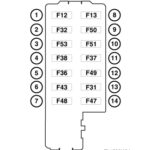 Understanding Your Fiat 500 Fuse Box: A Guide
Understanding Your Fiat 500 Fuse Box: A GuideCan a bad catalytic converter affect the performance of my Fiat 500?
Yes, a damaged or faulty catalytic converter can negatively impact the performance of your Fiat 500. It can lead to reduced engine power, decreased fuel efficiency, and possible damage to other engine components if left unaddressed. Regular maintenance is important to avoid these issues.
What are some signs of a failing catalytic converter in a Fiat 500?
Some common signs of a failing catalytic converter include decreased acceleration and power, reduced fuel efficiency, the smell of sulfur or rotten eggs coming from the exhaust, and even illuminated dashboard warning lights. If you experience any of these symptoms, it is important to have your vehicle checked by a professional mechanic as soon as possible.
In conclusion, the catalytic converter of the Fiat 500 is a fundamental component of the exhaust system that helps to reduce harmful emissions and protect the environment. By converting toxic gases into less harmful substances, the catalytic converter plays a critical role in ensuring that the vehicle meets emission standards and operates efficiently. The efficient operation of the catalytic converter is essential for the longevity of the exhaust system and the overall performance of the Fiat 500. Therefore, it is vital to properly maintain and replace the catalytic converter if necessary to ensure the vehicle continues to operate optimally and protect the environment.
You may be interested in reading Fiat 500 Engine Swap: A Comprehensive Guide
Fiat 500 Engine Swap: A Comprehensive Guide Understanding Your Fiat 500 Fuse Box: A Guide
Understanding Your Fiat 500 Fuse Box: A Guide How to Reset the Oil Indicator on Your Fiat 500
How to Reset the Oil Indicator on Your Fiat 500If you want to know other articles similar to Understanding the Function of the Fiat 500's Catalytic Converter you can visit the category Service and Parts.
Leave a Reply





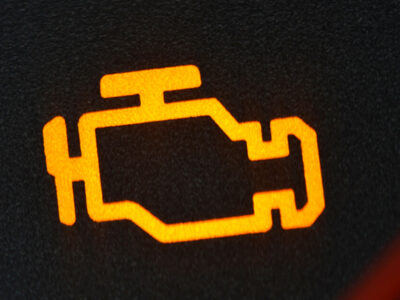
More content of your interest